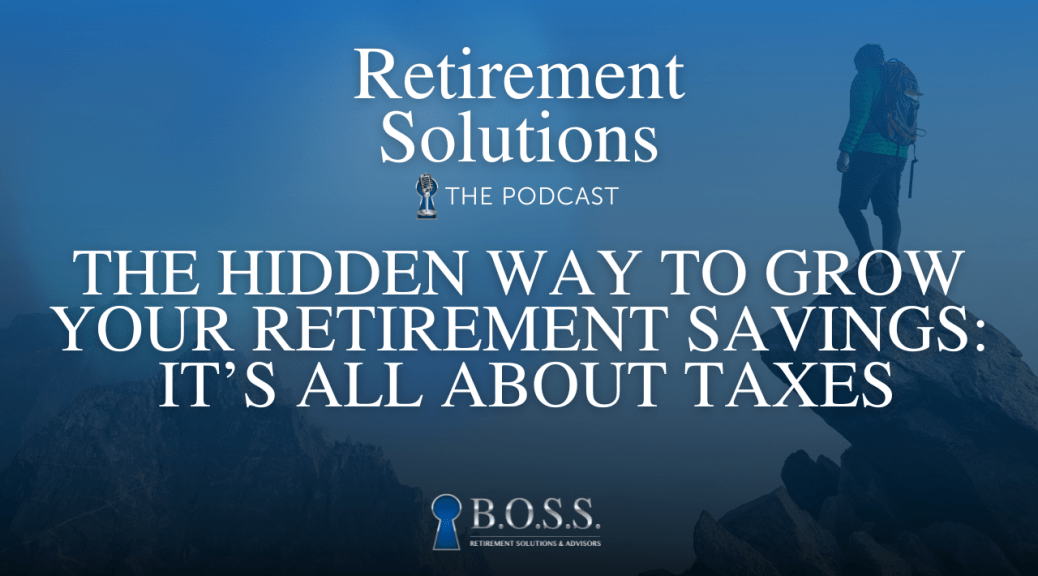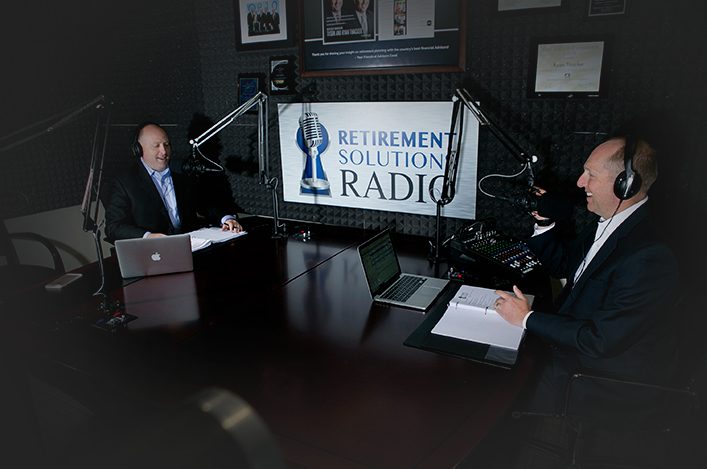showing the way to your ideal Retirement
Check out our featured articles for timely guidance, proven strategies and answers to the questions that matter most for your financial future.
Check out our featured articles for timely guidance, proven strategies and answers to the questions that matter most for your financial future.










The Framework for a More Confident Retirement
Designed to deliver simplified, personalized financial strategies, the B.O.S.S. Retirement Blueprint™ planning process helps maximize income, growth and legacy while minimizing taxes. Ready to view your retirement from a new angle?
